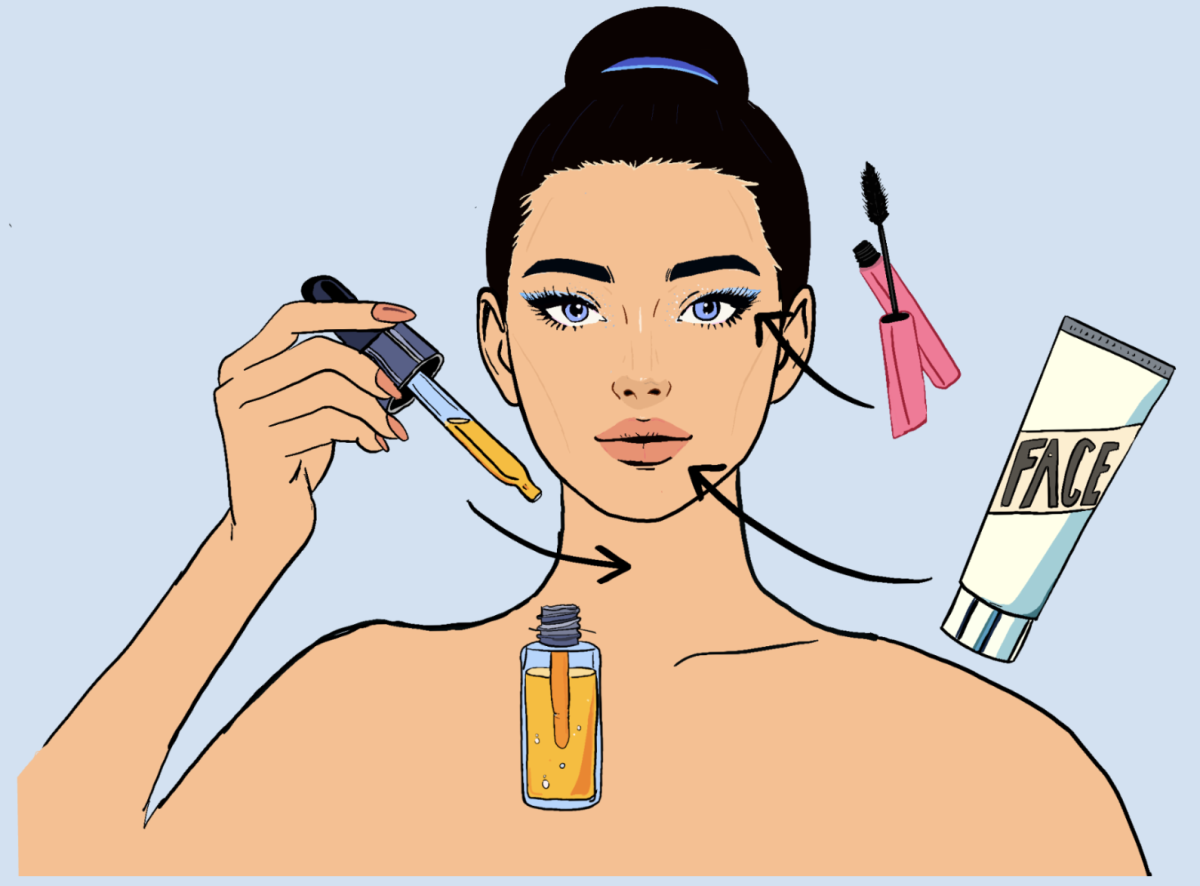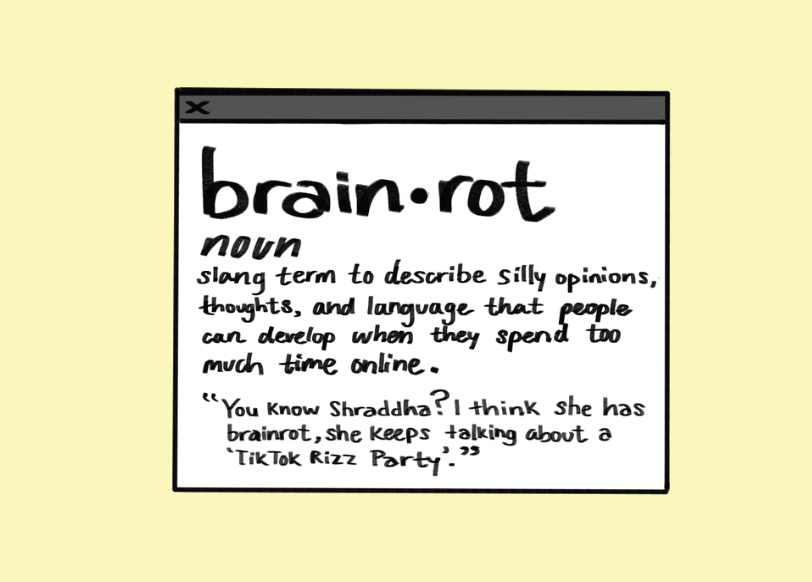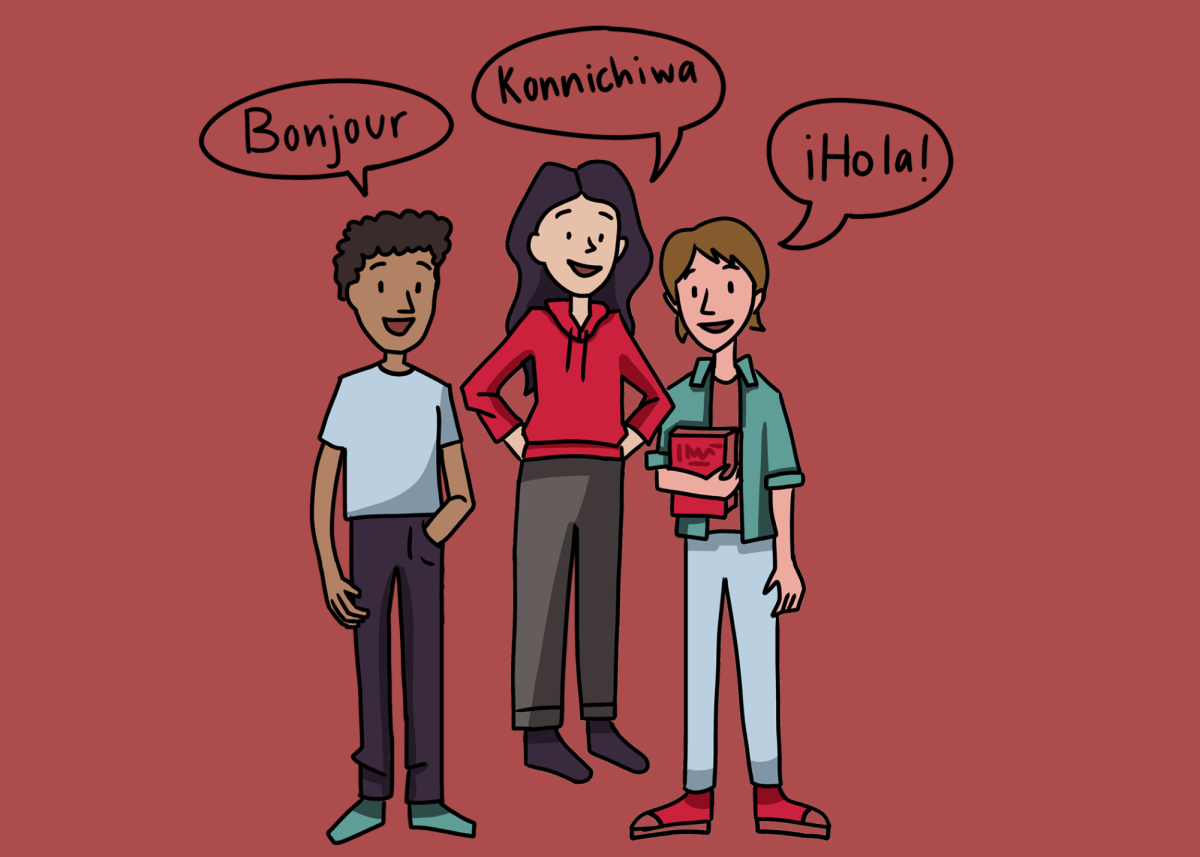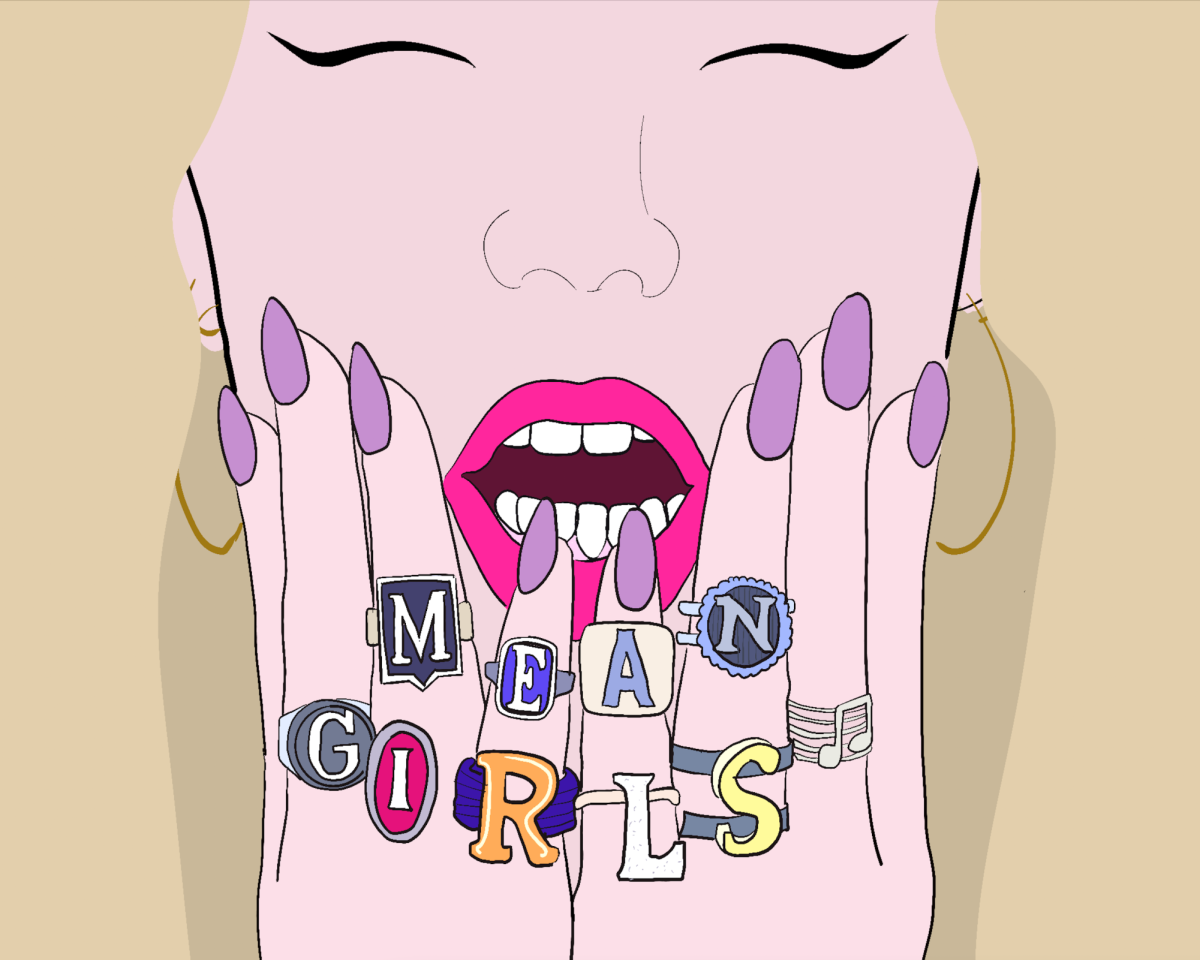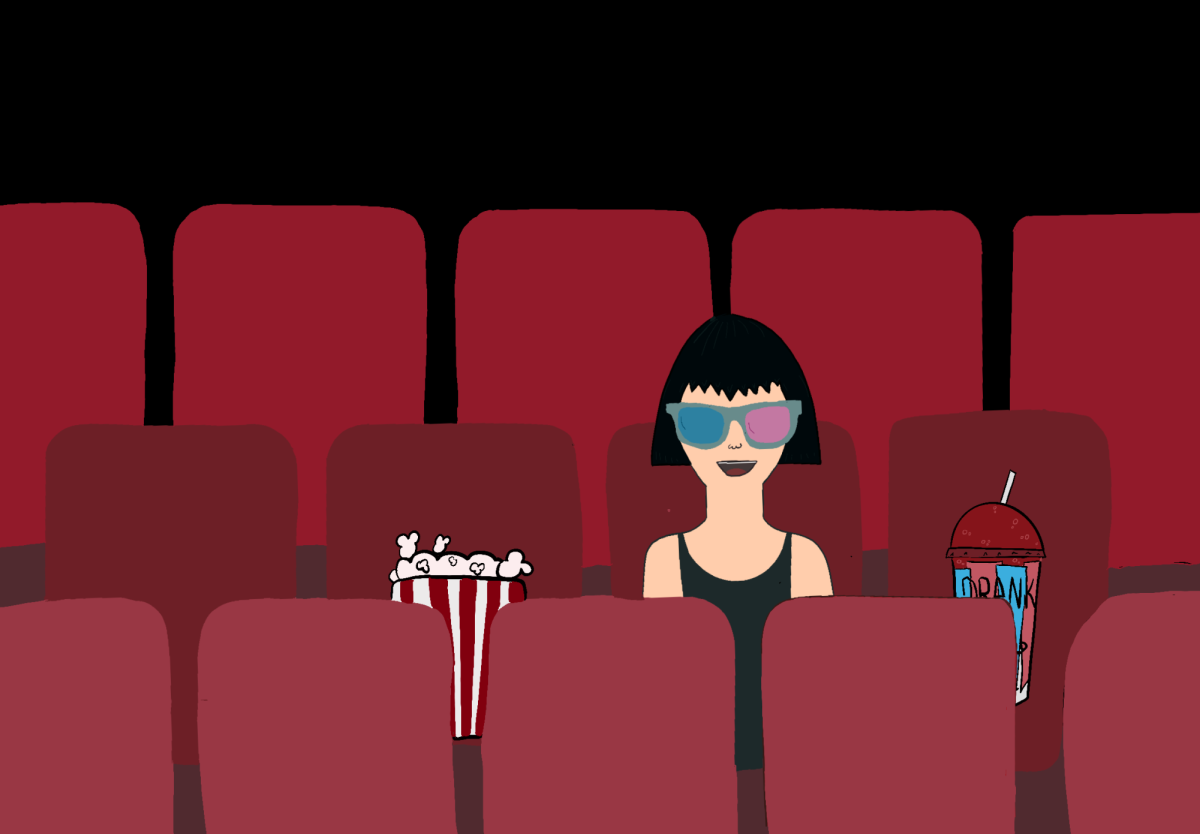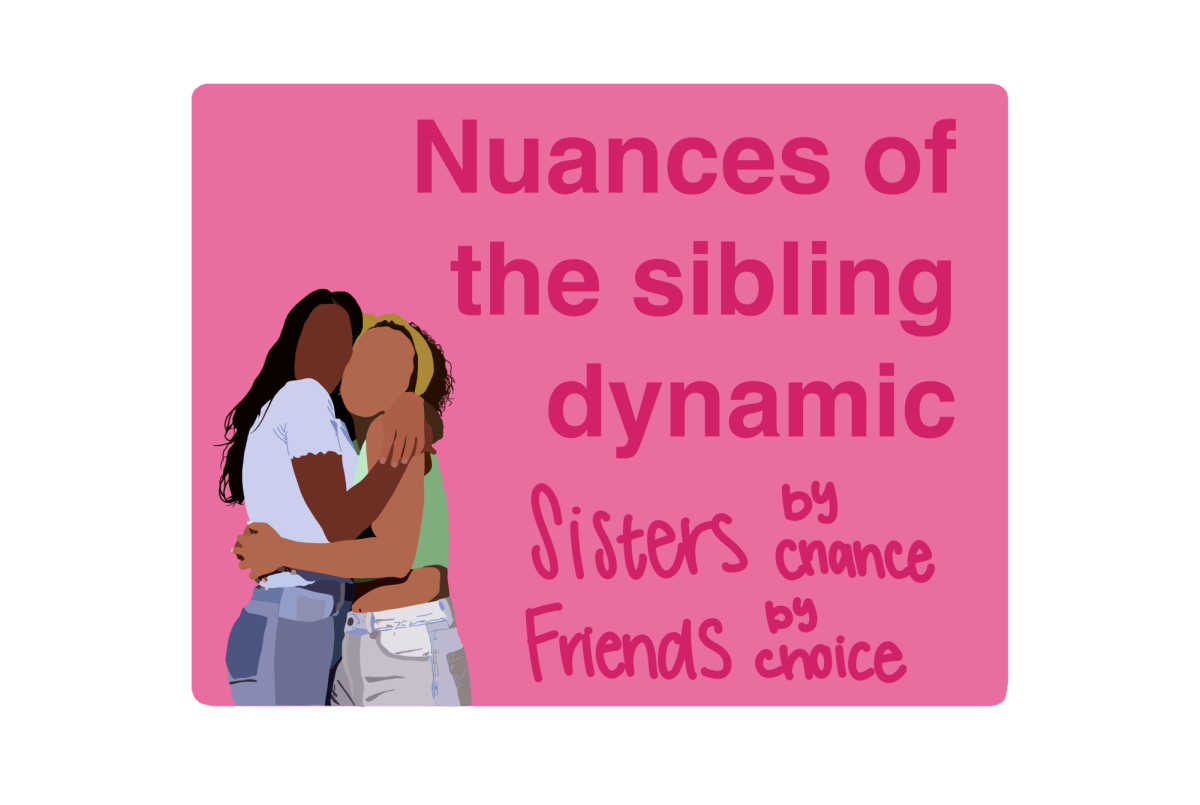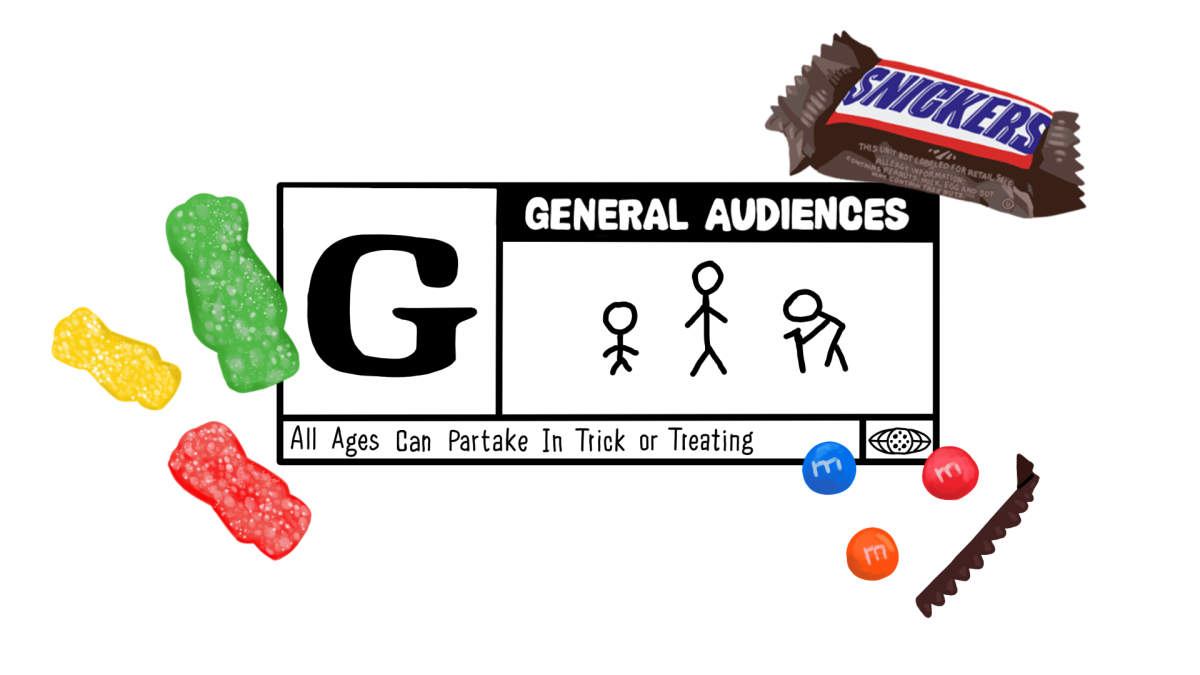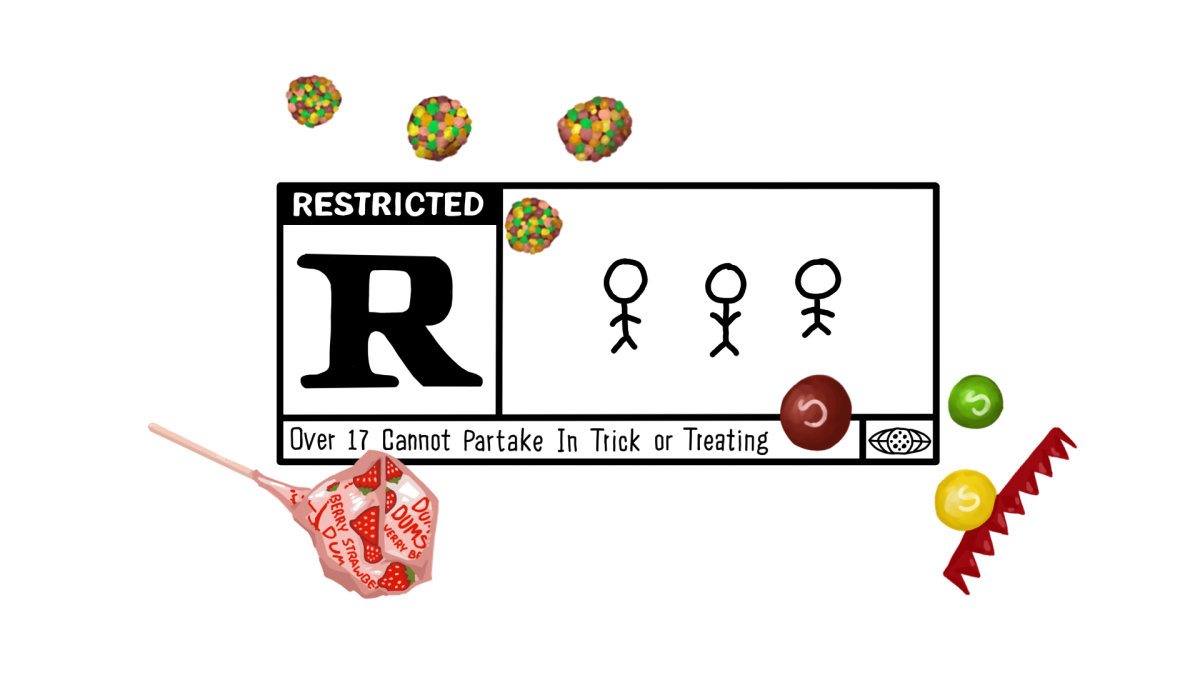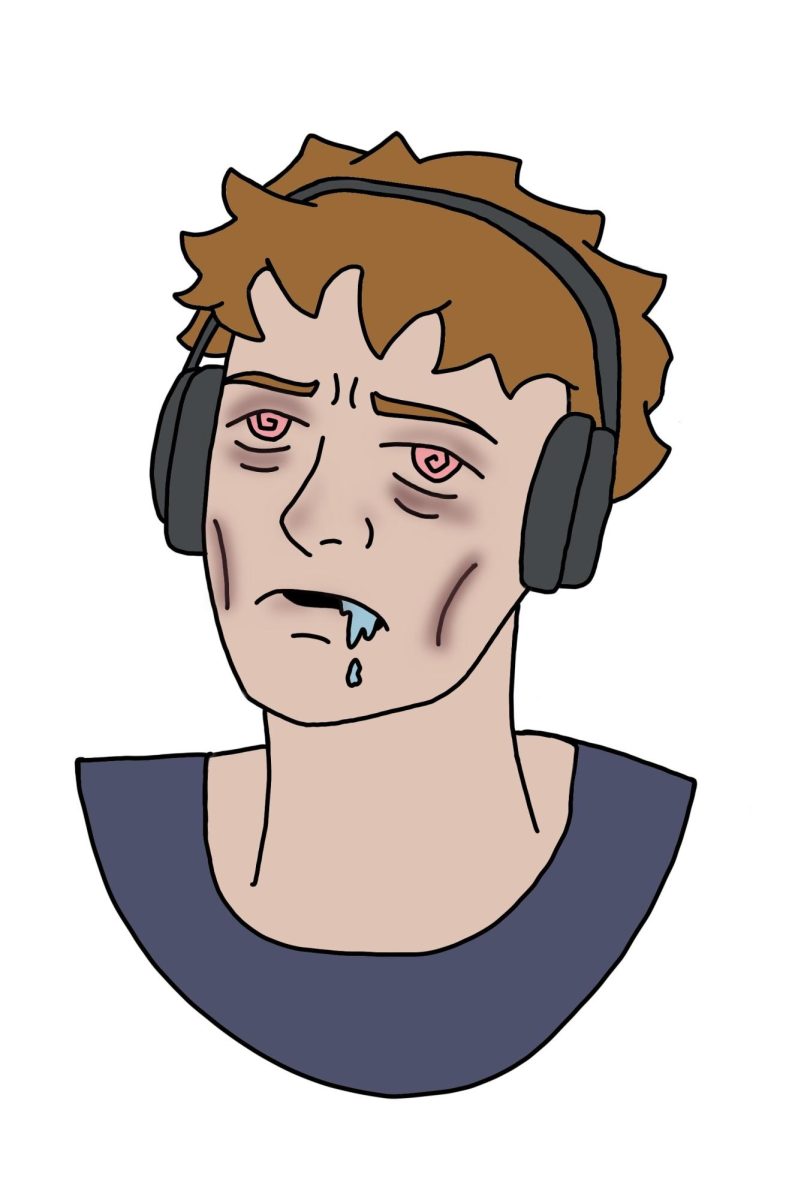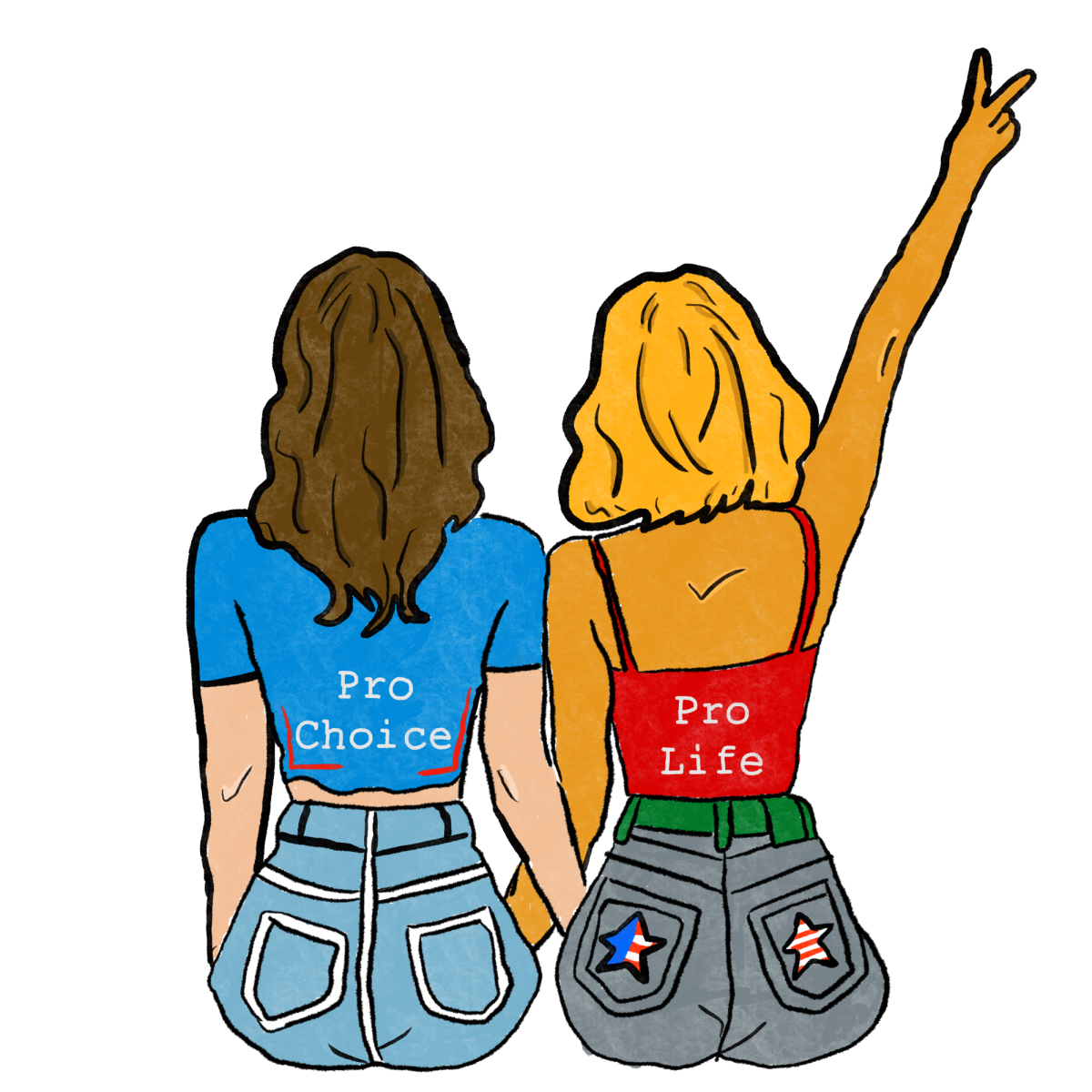Every society has standards. Whether they are standards of intelligence or more predominantly, beauty expectations, these expectations are undeniably present everywhere. But with beauty, of which the cost is not just monetary, but emotional and societal, it is arguably far more impactful.
Everyone knows the Kardashians — from their family TV show, various scandals and most prominently, from their excessive and frequent plastic surgeries, cosmetic injections and treatments made to make them look unattainably attractive. Not everyone has the millions to get a rhinoplasty or lip fillers, so women instead spend their money at Sephora or Ulta, buying products like lip liners to overfill lips, foundation and concealer to hide blemishes from acne or hyperpigmentation and contour to give the illusion of a slimmer nose. Many do it because it makes them feel more confident in their appearance. Others do it because they want to hide flaws that society deems as “ugly.” And with this comes the charge of purchasing these products. According to an article done by the SkinStore, on average, American women will spend about $300,000 in their lifetime on face products. In the same study, it was also found that women apply 16 products on average to their faces. While the prices of these makeup products skyrocket, the standard of beauty is constantly getting harder to achieve with the exponential increase in social media addiction.
While most people know there are both pros and cons to social media, they are not aware of the extent of the problems that come with it. Things like FaceTune and Photoshop allow people to warp their figures and faces to match the standards that social media has formed. Many people measure their worth based on how close they are to this standard, which involves things like thin, Barbie-like waists and clear skin, both of which many are incapable of achieving no matter how hard they try. With this also comes an increase in spending on gym memberships, detox teas, dietary supplements, laxatives and an increase in unhealthy weight loss methods and eating habits. The pressure to conform to these standards often leads to low self-esteem, negative body image and mental health issues such as depression and anxiety. It was found in a study by the National Organization for Women that 46% of 9 to 11-year-olds are “very often” or “sometimes” on a diet, and 40-60% of elementary-aged girls share a concern for their weight, or becoming “too fat.”
From magazines to books, the idea of beauty being desirable and exclusive is practically ingrained into our daily lives, and for the impressionable minds of children, it is much more detrimental. Giving people this notion of one attribute being better than the other is only making their mental health and self-image worse. Instead, we should be uplifting all bodies and types of beauty, rather than putting one on a pedestal while dragging the others through the mud until it is something people will sell their souls to avoid and prevent.


